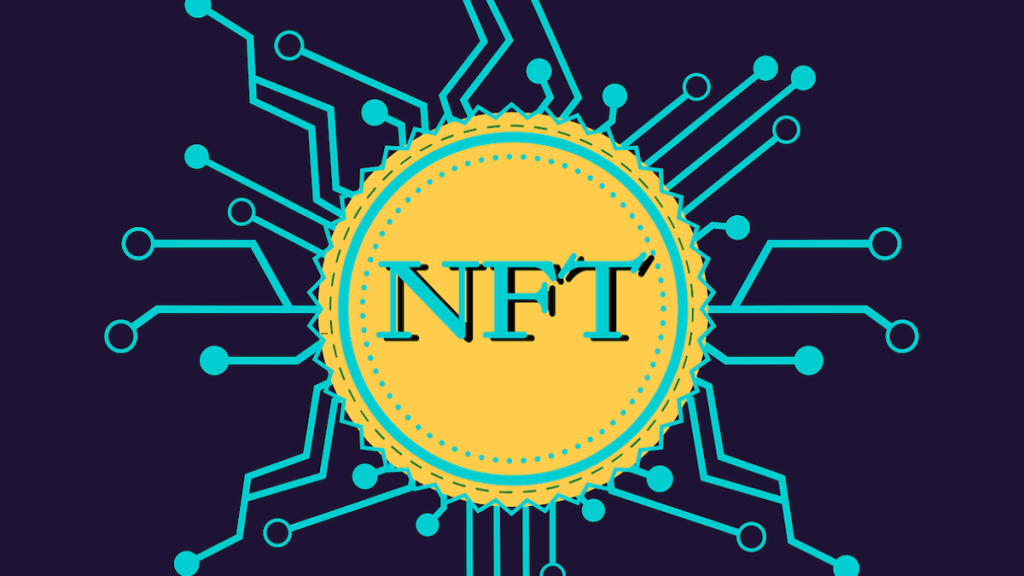Rarible, an Ethereum-based non-fungible (NFT) marketplace, has announced that its platform is went through an upgrade to Rarible 2 on October 20, 2022, as reported by Cointelegraph.
According to Cointelegraph, the NFT marketplace stated that it will be introducing new aggregation tools for showcasing NFTs from across the Web3.0 space. As a result of this development, users can browse and purchase Ethereum-backed digital assets from Rarible, OpenSea, LooksRare, X2Y2, Sudoswap, among others. Alex Salnikov, chief strategy officer and co-founder, Rarible, stated that NFT platforms they have are siloed and aggregation can be the way to alter that.
“It creates an open environment where users can access the best prices for NFTs all through one interface,” Salnikov said.
On the basis of information by Cointelegraph, the development from Rarible arrives post a report published by DappRadar, which gave a hint around impending NFT marketplace wars. DappRadar’s report emphasised on other platforms in the Web3.0 space such as Uniswap and OpenSea, both of which captured NFT aggregator platform in the previous year. While OpenSea and Uniswap captured outside aggregators, Rarible worked towards the transformation of its services as an aggregation based platform. The report stated that such acquisitions could result in direct competition between the platforms. Rarible also unveiled a mechanism for users to lock up their RARI, the native token of the marketplace, to earn rewards and incentives for ecosystem participation.
“Users get to make decisions on where the ecosystem goes next. They have a say in Rarible’s future and that’s something you can’t get with just funds or an NFT,” Salnikov mentioned.
Moreover, Cointelegraph noted that the decentralisation around NFT marketplaces has resulted in a discussion within the Web3.0 community. Twitter-based users have called out market participants such as Opensea on account of being too centralised. Earlier this year, the Rarible marketplace was protected by researchers on account of a potential security breach. It is believed that a vulnerability in the marketplace was found by researchers of cybersecurity software company Check Point, which could have cost close to two million active monthly users their NFTs in a single transaction.
(With insights from Cointelegraph)
Also Read: FDIC’s Martin Gruenberg on stablecoins’ usage in payment mechanisms
